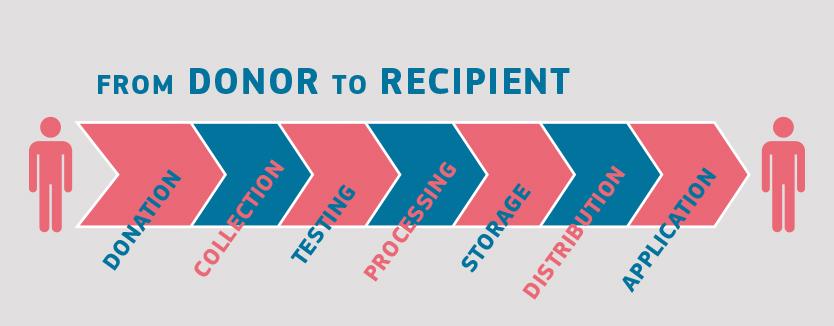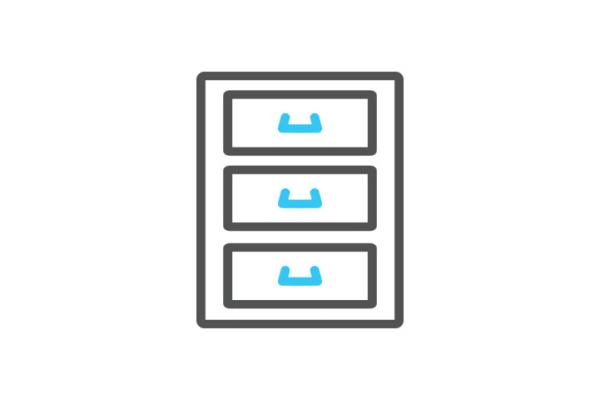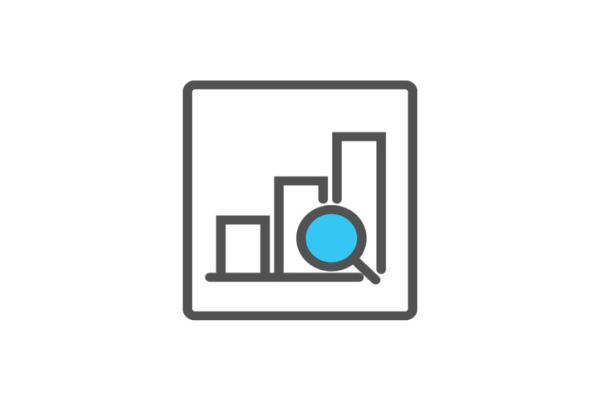Blood, tissues, cells and organs are used in a variety of medical therapies.
Treatments based on these substances of human origin (SoHO) save lives (e.g. blood transfusion in case of trauma), improve the quality of life (e.g. kidney transplants), and even help create life (gametes and in vitro fertilisation).
Despite their benefits, the use of SoHO presents risks, in particular the transmission of diseases.
The European Commission helps address these risks through its mandate to set high standards of quality and safety of SoHO, in accordance with Art. 168(4)(a) of the Treaty on the functioning of the EU.
To this end, it undertakes a range of activities, including
- drafting legislation and developing guidance
- assisting national authorities with its implementation
- vigilance activities and project support
The overall objective is to protect citizens.
New EU rules on substances of human origin
On 27 May 2024, the Council has adopted the new Regulation on standards of quality and safety for substances of human origin intended for human application.
Organisation of the sector
While donors and eventual clinical recipients vary for blood, tissues, cells and organs, a similar process-flow applies to most SoHO. Starting with a donation and ending with a clinical application, the flow includes collection, processing, and distribution of SoHO; as well as testing of the donor and often also storage (in particular for blood, tissues and cells).
These steps take place in specialised medical establishments.

Cooperation
The European Commission collaborates closely with expert bodies such as the Council of Europe (CoE) and the European Centre for Disease Protection and Control (ECDC) in the development of practical guidelines that support blood establishments with the implementation of this binding legislative framework.
Funding for action
In addition to the regular work by the competent authority, the European Commission provides funding for actions on area of Soho.
However, given that healthcare remains a national competence, decisions on authorised practices for SoHO are taken at national level. The Commission does not intervene in these decisions, which can vary between countries.
Nevertheless, once practices are allowed and authorised by EU countries they need to be organised in line with the EU legal requirements on safety and quality.
National authorities may however choose to add local, more stringent, requirements on safety and quality, for example an additional lab-test in response to a local epidemiological outbreak of a highly infectious disease.
Action on COVID-19 outbreak
The COVID-19 pandemic represented a challenge to public health. With the purpose of a better and coordinated response to the outbreak:
- the European Commission supported blood services to increase COVID-19 convalescent plasma collection
- ECDC has published an update of its guidance on COVID-19 and substances of human origin
- DG Sante has published guidance on the collection and transfusion of convalescent COVID-19 plasma
- the European Commission has clarified that substances of Human Origin (SoHO) are considered to be essential goods/services for which free circulation within the EU is crucial
Guidelines
The Council of Europe regularly reviews and updates technical requirements in its
- Guide to the preparation, use and quality assurance of blood components
- Good practice guidelines for blood establishments
- Guide to the quality and safety of tissues and cells for human application
In addition, it prepares ad hoc guidelines on different topics related with the safety and quality of substances of human origin (SoHO).
The ECDC prepares risk assessments and preparedness plans whenever epidemiological outbreaks are of relevance for blood, tissues, cells and organs. Most recently ECDC has provided input on






